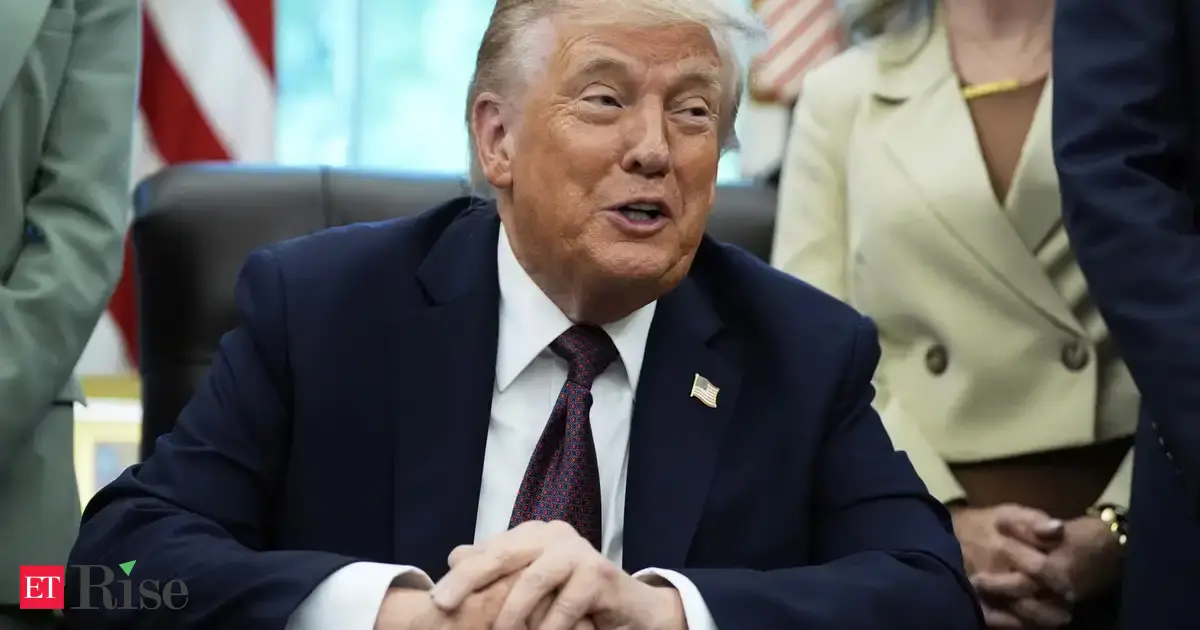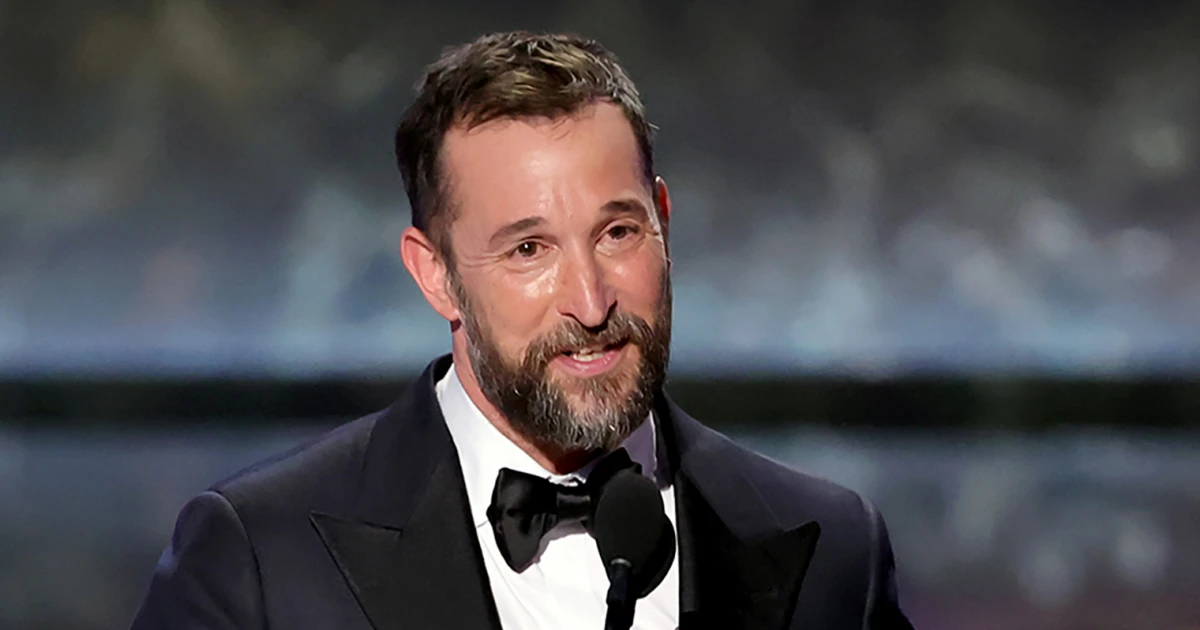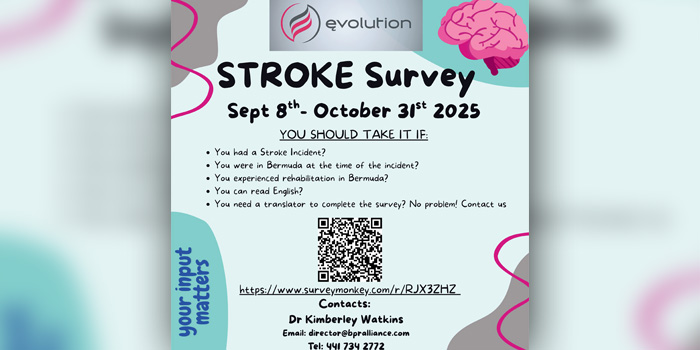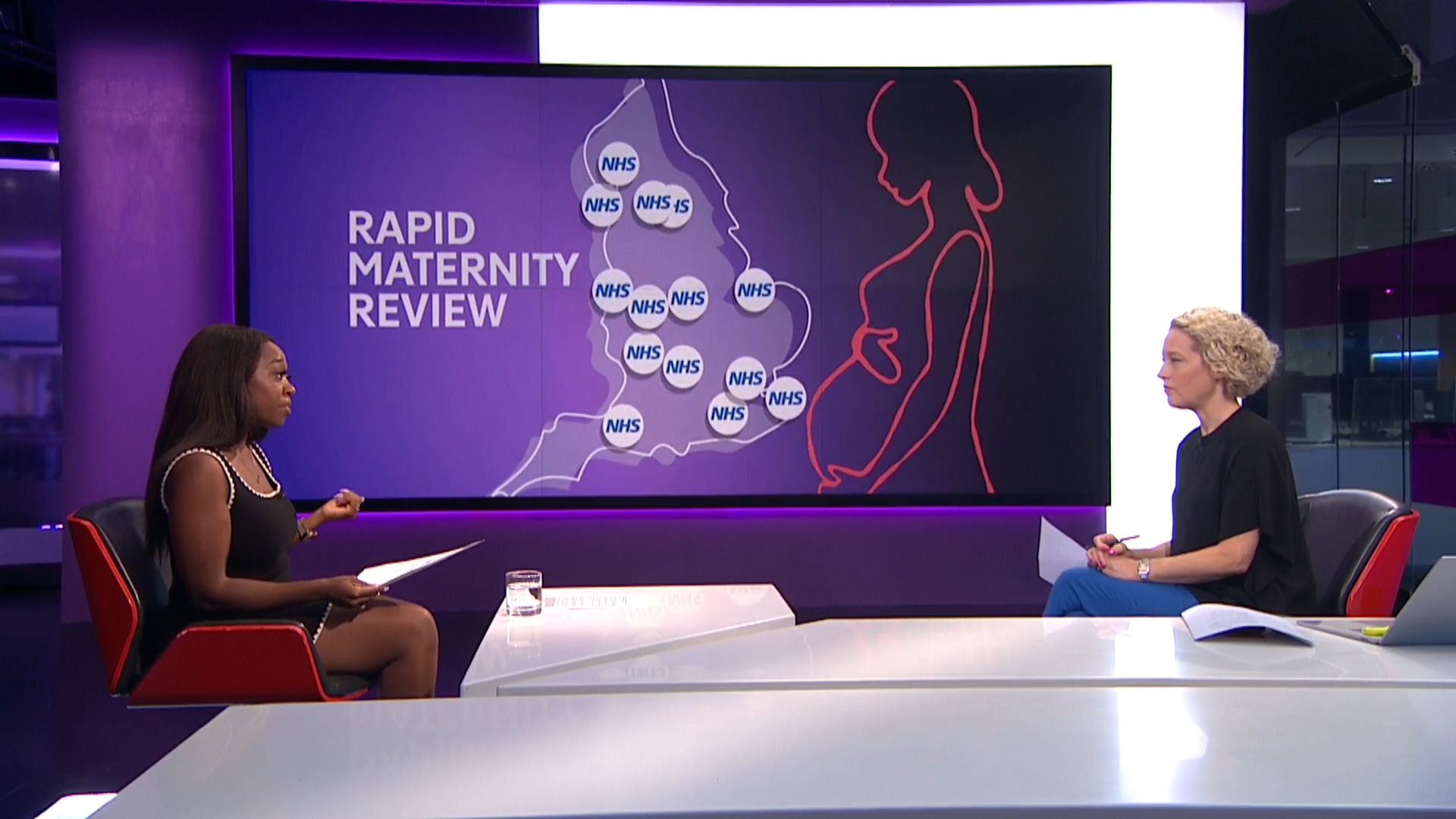By Toir Obidov
Copyright qalampir
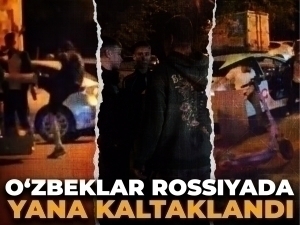
Uzbek migrants in Russia have once again been subjected to harassment and violence. This time, however, the perpetrators were not state officials but local teenagers. On September 10 of this year, a group of intoxicated youths attacked Uzbek migrants on Khabarovskaya Street in Vladivostok. The incident spread widely on social media on September 13.
The first report confirming that the victims were Uzbek migrants was published by the local outlet Vladivostok1. According to the report, the youths initially threw stones at cars carrying migrants. When the drivers got out to speak with them, the group attacked. Footage circulating online shows an Uzbek migrant responding calmly to the situation, yet the teenagers continued to assault him without any reason. As a result of their hooliganism, several people were injured that night.
The teenagers themselves filmed the attack on the migrant and shared the footage. The video clearly shows how the incident unfolded. For instance, the loud laughter of the person recording can be heard, as well as his encouragement of the attackers. He can be heard calling out the names of his peers, urging them to continue beating the migrant. The footage also captures the moment one of the youths lunged at the Uzbek driver with a knife, while the latter defended himself with a scooter. In another scene, the teenagers pursued one of the migrants into a shop, where they struck him in the face, causing injury. Notably, they showed no concern that the shop’s surveillance cameras were recording the assault.
According to Vladivostok1, which was among the first to report the incident, the police initially launched an inquiry. However, neither the victims nor the witnesses filed any official complaints. It was also noted that all of the assailants involved in the violent acts may have been minors.
Fortunately, Uzbekistan’s official representatives responded promptly to the incident, demanding that those responsible in Russia be brought to justice. According to Yusuf Qobiljonov, Uzbekistan’s Consul General in Vladivostok, as soon as the situation was confirmed, the staff of the Consulate General immediately established contact with the victims and provided them with legal assistance. In addition, the Uzbek citizens submitted an official complaint to the Vladivostok city department of Internal Affairs. Diplomatic notes were also sent to the Vladivostok office of Russia’s Ministry of Foreign Affairs and to the Prosecutor’s Office of Primorsky Krai, urging all necessary measures to be taken in connection with the matter. The incident has since been placed under special supervision by Uzbekistan’s Consulate General in Vladivostok and Russia’s law enforcement agencies.
After this, a development rarely seen in relations between Russia and Uzbekistan occurred: Uzbekistan’s demands were promptly met by the Russian side. Shortly thereafter, the Investigative Committee of the Russian Federation for Primorsky Krai opened a criminal case against the teenagers suspected of hooliganism. On the night of September 10, 2025, in connection with the incident on Khabarovskaya Street in Vladivostok, charges were brought against a 15-year-old teenager and his accomplices.
According to the investigation, the minors were intoxicated at the time and attacked the victim without cause, inflicting harm. They also damaged a parked car and even sprayed aerosol inside its cabin, a substance known to pose health risks. Not stopping there, the suspects went on to assault a truck driver as well.
In addition, the suspects stormed into a 24-hour convenience store on Khabarovskaya Street and attacked the man in front of customers and the shop assistant. The minors also stood outside shouting, using stones and other improvised objects as weapons to brutally disrupt public order while assaulting the Uzbek migrant. At present, the identities of the suspects have been established: one has been detained, while two others are wanted. Investigators confirmed that the group has a negative track record and had already drawn the attention of law enforcement. One of them had previously been convicted for hooliganism at a local shop. The current criminal case is already under judicial review. Meanwhile, investigators from the Investigative Committee of the Russian Federation are working to establish all the circumstances of the incident. The Ministry of Internal Affairs has also become involved, with its officers in Primorsky Krai providing operational support in the case.
Indeed, it is encouraging that Uzbekistan managed to have its demand fulfilled by Russia in this case. Yet, such positive outcomes are far from common. Previous incidents serve as examples: while Uzbekistan’s latest diplomatic note prompted a swift response, earlier notes appear to have gathered dust in the Russian Foreign Ministry. These concerned cases where Uzbek labor migrants were beaten and humiliated en masse by OMON, or when another Uzbek was insulted as a ’’slave’’ in Khimki. What has become of those cases? Have there been any developments, any accountability, or progress at all? The answers remain unclear. The public, however, has not forgotten and continues to await Russia’s response.
Uzbekistan, with its 38 million people, is a country of significant weight. No aggressor state, no economic powerhouse, in fact, no country at all, has the right to ignore a serious and legitimate diplomatic note it issues.
